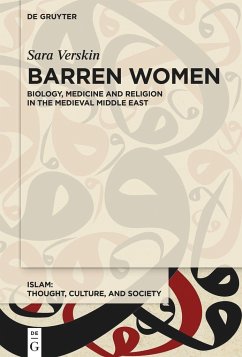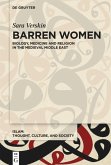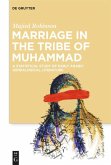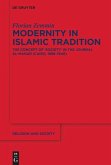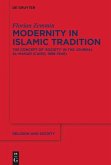Barren Women is the first scholarly book to explore the ramifications of being infertile in the medieval Arab-Islamic world. Through an examination of legal texts, medical treatises, and works of religious preaching, Sara Verskin illuminates how attitudes toward mixed-gender interactions; legal theories pertaining to marriage, divorce, and inheritance; and scientific theories of reproduction contoured the intellectual and social landscape infertile women had to navigate.
In so doing, she highlights underappreciated vulnerabilities and opportunities for women's autonomy within the system of Islamic family law, and explores the diverse marketplace of medical ideas in the medieval world and the perceived connection between women's health practices and religious heterodoxy.
Featuring copious translations of primary sources and minimal theoretical jargon, Barren Women provides a multidimensional perspective on the experience of infertility, while also enhancing our understanding of institutions and modes of thought which played significant roles in shaping women's lives more broadly.
This monograph has been awarded the annual BRAIS - De Gruyter Prize in the Study of Islam and the Muslim World.
In so doing, she highlights underappreciated vulnerabilities and opportunities for women's autonomy within the system of Islamic family law, and explores the diverse marketplace of medical ideas in the medieval world and the perceived connection between women's health practices and religious heterodoxy.
Featuring copious translations of primary sources and minimal theoretical jargon, Barren Women provides a multidimensional perspective on the experience of infertility, while also enhancing our understanding of institutions and modes of thought which played significant roles in shaping women's lives more broadly.
This monograph has been awarded the annual BRAIS - De Gruyter Prize in the Study of Islam and the Muslim World.

